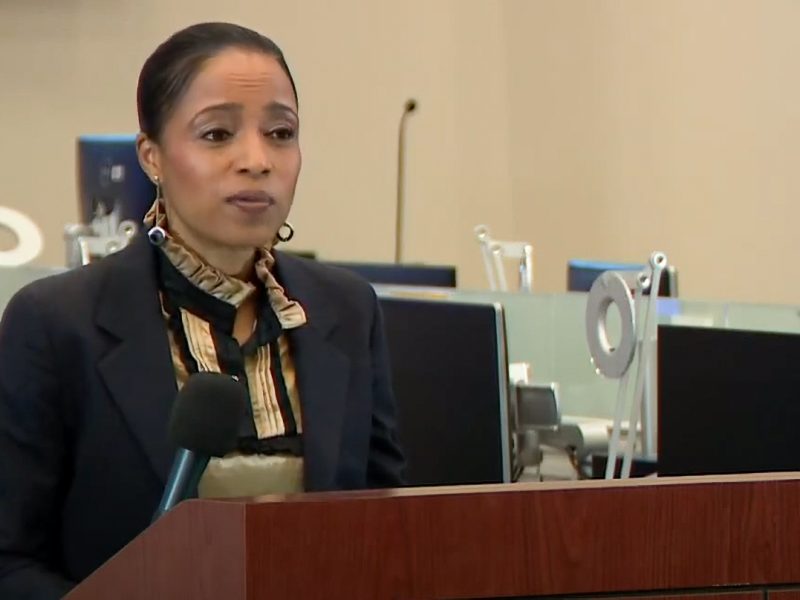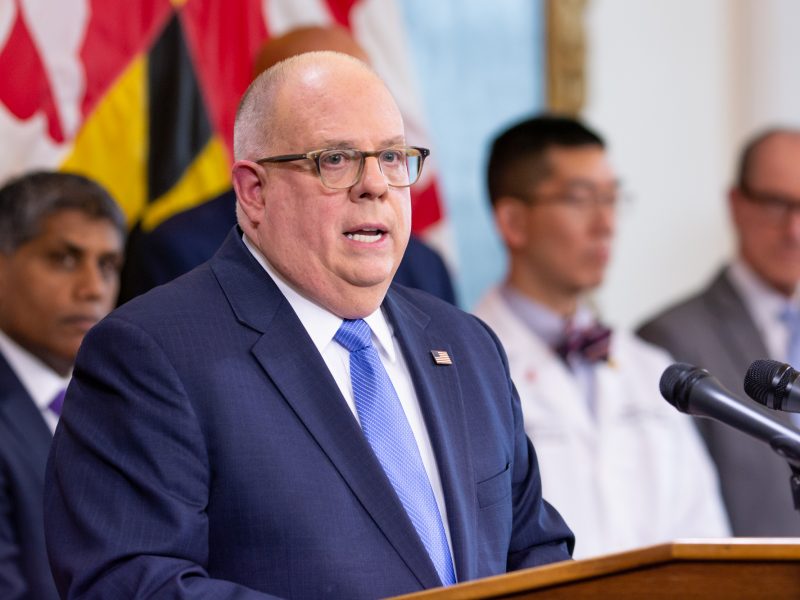The U.S. House of Representatives passed a bill Thursday that would establish a pathway for citizenship for about 2.5 million beneficiaries of the Deferred Action for Childhood Arrivals program — immigrants who were brought to the United States illegally as children.
The Dream and Promise Act, which bears similarities to President Joe Biden’s immigration package, allows Dreamers to qualify for citizenship. At the moment, a pathway for citizenship does not exist for Dreamers, which has left millions — including about 120 students at the University of Maryland — in limbo.
Now, the legislation is set to reach an evenly divided Senate where it will likely face scrutiny. To pass in the senate, every Democrat and at least 10 Republican senators will need to vote in favor of the bill.
[“There’s hope”: How a DACA recipient journeyed to UMD — and is fighting for a better life]
The legislation grants conditional permanent resident status for 10 years and cancels removal proceedings if beneficiaries meet certain requirements. Some of those requirements include being physically present in the U.S. since the date four years prior to the act’s enactment, being 18 years old or younger on the initial date of entry into the U.S. and not having a record of crimes like domestic violence, sexual assault or human trafficking.
Dreamers could also gain full permanent resident status if they obtain a university or college degree, serve two years in the military or are employed for at least three years. Those who choose to use employment as a means to gain full residency status must have received employment authorization for 75 percent of the time during their employment.
The bill also includes protections and a pathway for those who were granted Temporary Protected Status, and those who have Deferred Enforced Departure status. Those under either of these programs who have been in the U.S. for at least three years are eligible for protections and permanent residency.



